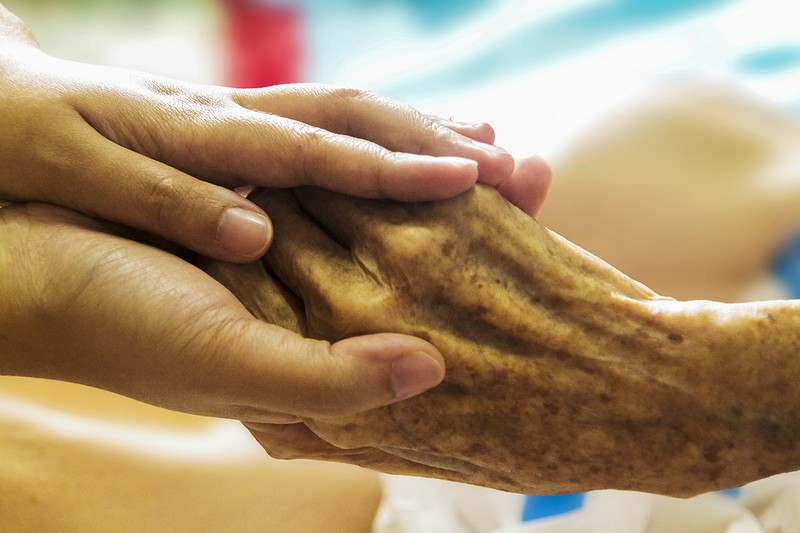Improving quality of life by alleviating symptoms and brightening patients’ mental space is the main goal of palliative care — which also happens to be some of the key benefits of medical cannabis. Naturally, researchers are interested to see whether the plant’s properties translate into palliative care.
Of course, the medical world treats potential remedies with extreme scrutiny, and objective evidence is king. Thankfully, an increasing body of proper research gives scientists solid reasons to believe that cannabis can be viable for many conditions.
In that spirit, a recent scientific article [1] provides an overview of the data from studies done on cannabis in contexts that pertain to palliative care — the plant’s efficacy in alleviating pain, nausea, stress, and anxiety, as well as improving sleep and overall mood. The authors also take into account adverse effects and the extra scrutiny that pediatrics requires.
Data available outlines the promise of medicinal cannabis, especially as an adjunct therapy and “third-line” agent, with the first line being reserved for standard therapy regimes with proven benefits. Nonetheless, “many patients receiving palliative care are asking about and requesting to use medicinal cannabis.” Adult cancer patients, for example, struggle with pain, nausea, depression, and coping. High symptom burdens are associated with the most positive outcomes from cannabis. Interestingly, even in the absence of objective improvement, many patients report subjective improvement.
Several studies have examined cannabis for palliative care in children. In a trial with 50 pediatric cancer patients, 80% of children and parents reported positive effects from cannabis (on nausea, mood, insomnia, and pain) [2]. Cannabis for pediatrics requires open conversations with parents and may be more appropriate for severe conditions. Understanding potential interactions with other medications (e.g., anti-seizure medication) is vital.
Adverse effects are generally limited to somnolence, dizziness, cloudy thinking, and nausea.
The review concludes that the “most benefit to palliative care patients may be in neuropathic pain, sleep quality, anxiety and stress relief. In children, a role in refractory epilepsy is established, with some evidence of benefit in spasticity and dystonia.”
With more trials underway, the scientific picture of medical cannabis for palliative care should become bigger and more detailed.
“Encouraging patients to participate in trials or programs that objectively monitor the benefit and toxicity of medicinal cannabis is important,” the researchers write. [1]
References:
1- Herbert A, Hardy J. Medical cannabis use in palliative care. 2021;50(6). Impact Factor = 0.852; Times Cited = 1 (Semantic Scholar)
2- Skrypek MM, Bostrom BC, Bendel AE. Medical cannabis certification in a large pediatric oncology center. Children (Basel). 2019;6(6):79. doi: 10.3390/children6060079. Impact Factor = 2.078; Times Cited = 3 (Semantic Scholar)
Image Credits: Prachatai / flickr, CC BY-NC-ND 2.0








